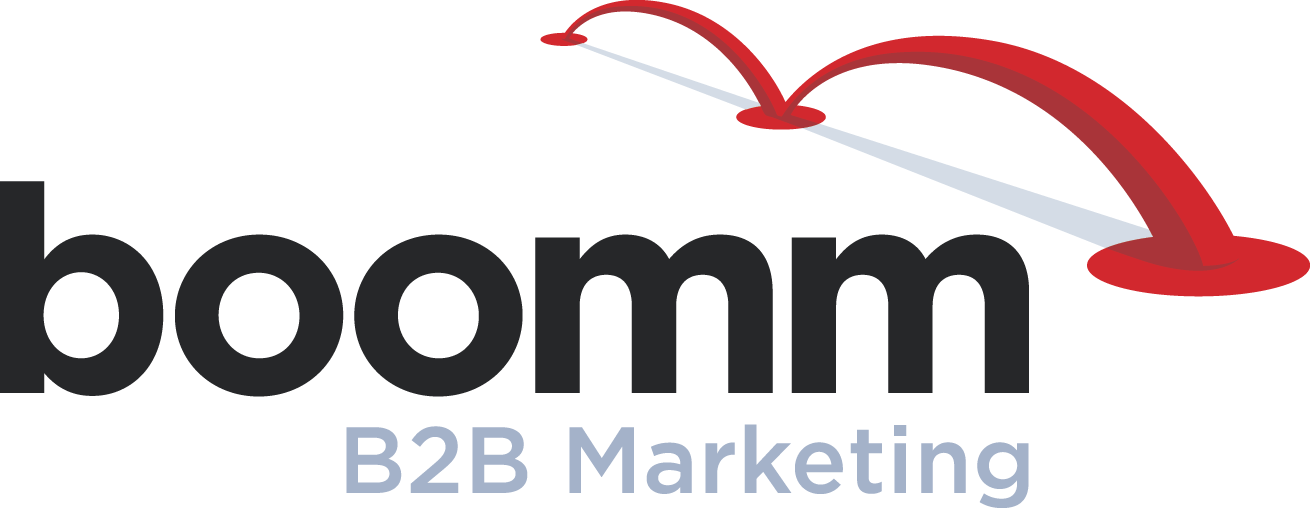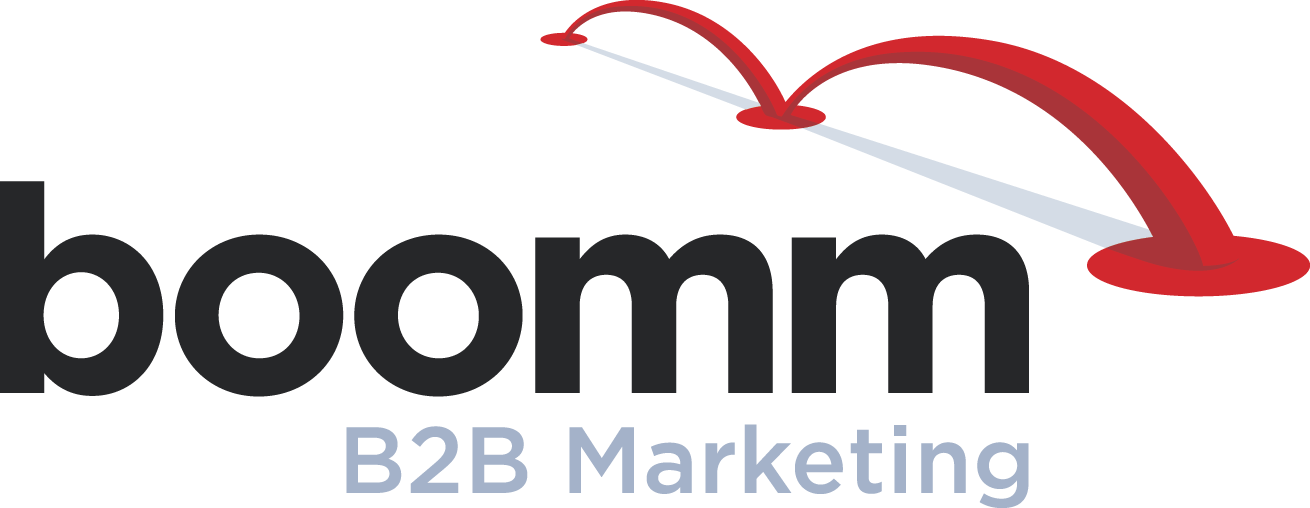SEO vs. GEO: Which path will your customers choose?
How do your B2B customers search for business-related information online? There are two primary paths they can take. Many people enter a keyword or phrase and sift through the results. That path leverages the power of search engine optimization or SEO to get business web pages ranked by search engines such as Google. For example, a busy university cafeteria manager might enter the phase: “campus foodservice prep savers.” Based on a recent search, her SEO-driven results would include: A listing of food safety practices An article on ways to “get free food as a broke college student” Offers for foodservice training courses Meal delivery services for college students Guidance on tipping
B2B bookmarks: 3 websites that are keepers
B2Btimesuck.com B2Brabbithole.com B2Bpurgatory.com Those URLs describe the vast majority of websites targeted to B2B marketers. They draw you in with the promise of valuable insights for your specific needs. Then, they abandon you among thinly disguised ads, broken links and content that hasn’t been refreshed in over a decade. As a public service to our B2B community, Boomm would like to share some of our favorite B2B marketing sites; ones that have actual value. All these sites post fresh content regularly on topics that B2B marketers are confronting daily. When they do mix in ads for services, they’re generally for webinars or training that is both legitimate and enlightening. Here are 3 B2B marketing sites that
The B2B website personality test
By Randy Mitchell Who is your B2B website? That’s not poor grammar. It’s one of the smartest questions you can ask your team or your client. It’s also one of the questions any good agency will answer when they develop a B2B website for you. Determining the personality of a website is a common-sense starting point for developing a strong digital presence. It should happen before you do the deep dive into sitemapping, content strategy, SEO and design options. Thankfully, you can mold the personality of your B2B website to ensure it makes the right impression when important visitors unexpectedly pop in. All you need to do is take the following test. B2B Website Personality
How to love your focus keywords and their results
You have a love/hate relationship with focus keywords, don’t you? It’s alright to admit it. Everyone experiences those conflicting feelings, and here’s why. You love the power effective focus keywords bring: web traffic goes up, prospects find your site before the competition, and everyone considers you a strategic savant. Nice. On the other hand, you hate the hassles: finding a solid focus keyword is a timesuck, it seems like everyone else snatched your word first, and it’s nearly impossible to work unwieldy search phrases into your content. Trust me, nobody can make “best industrial strength breaker overload detection device near me” sound conversational. Believe it or not, focus keywords can find their way to your
The 5 Questions You Need to Ask to Assess Your SEO Performance
by Kathryn Brill, Social Media and Content Marketing Specialist Back when your website was first built, you optimized it to be found in search. You followed best practices around SEO performance. But it’s been a few years—and a few Google algorithms have come and gone. How is your website’s SEO performing now? This can be a difficult question to answer. Google is notoriously tight-lipped about what goes into its SEO algorithm, and is constantly making changes to provide better quality search experiences. And a site that was excellent the day it was built may have deteriorated over the years. So how can you check on your site’s SEO and make sure it
How to Select Great Focus Keywords for Your Content
Focus keywords are the building blocks of on-page SEO. Selecting great keywords can help you set your blog, website or landing page up for success. But actually finding those keywords is often daunting. What makes a good keyword? And where can you find new keywords? Here are a few tips to increase your keyword selection expertise: Google AdWords is your friend. If you’re stumped for keywords, the best place to start is the free Keyword Planner tool in Google AdWords. Type in a subject or set of words, and Keyword Planner will generate a list of related suggestions. These suggestions range from variations on the words you typed to other words
5 Ways to Use Off-Page SEO to Get to the Top of Google
Due to the recent Google Hummingbird algorithm update, many B2B marketers are looking for additional ways to bolster their SEO efforts. Marketers who know how to leverage off-page SEO tactics can help ensure that their website will reach the top of Google’s search rankings. Off-page SEO is all about building online authority for your website, and has long been defined by the quantity, quality and relevance of inbound links to your website. While there are many ways to build a diversified portfolio of inbound links, most businesses really only need to focus on 5 tactics: Employing modern link building techniques, creating compelling content, using co-marketing, leveraging social media and practicing effective PR. Modern
B-to-B Internet Marketing: How to Search Engine Optimize Your Website
In last week’s blog post on B-to-B Internet marketing, we explained how to choose appropriate keywords for your company. Now, we’re going to help you increase your website's chances of ranking for those keywords using search engine optimization (SEO). To help prospects find your company via search engines, you should aim to be on the first page or in the first few search engine results pages for your keywords. Google suggests that you design your website for visitors, and not for search engines. While you should keep this principle in mind, it is worthwhile to learn a bit more about SEO in order to better optimize your site. What You Should Know
B-to-B Internet Marketing: How to Create a Keyword Strategy
With traditional marketing methods becoming more ineffective – and expensive – than ever, savvy B-to-B marketers are placing increasing importance on Internet marketing. However, succeeding in today’s ever-changing online landscape requires you to develop an effective B-to-B Internet marketing strategy to promote your company on the web. If you wanted to boil Internet marketing down to a single starting point, keywords are it. A keyword is a word or phrase that a person enters into a search engine like Google or a social media site like Facebook, Twitter or LinkedIn. Why Build a Keyword Strategy? More and more consumers are finding businesses online through search engines. How do they find them? By using








